Learn To Sit Back And Observe. Not Everything Need – Tymoff
In a world dominated by instant gratification, constant connectivity, and an ever-present need to share opinions, it has become increasingly rare to find individuals who can sit back, observe, and let events unfold without rushing to intervene or react. This modern tendency to overreact to every stimulus is not only exhausting but also counterproductive in achieving long-term growth and inner peace learn to sit back and observe. not everything need – tymoff
The phrase “learn to sit back and observe; not everything needs your reaction,” attributed to many wise thinkers, carries timeless wisdom that is particularly relevant in today’s chaotic world. Let’s dive deeper into what this statement means, why it matters, and how you can incorporate this philosophy into your daily life to become a calmer, more deliberate, and empowered individual learn to sit back and observe. not everything need – tymoff
Understanding the Power of Observation
Observation is an underrated skill, often overshadowed by action in our productivity-obsessed society. Yet, many of history’s greatest minds—scientists, artists, philosophers, and leaders—credit their success not to impulsive reactions but to their ability to quietly observe the world around them learn to sit back and observe. not everything need – tymoff
When you observe rather than react, you:
- Gain clarity: Observation allows you to step back from the emotional turmoil of a situation and view it objectively.
- Learn deeply: Instead of jumping to conclusions, you absorb nuances that might otherwise be missed in the heat of the moment.
- Respond wisely: A measured response, informed by careful observation, is infinitely more effective than a knee-jerk reaction learn to sit back and observe. not everything need – tymoff.
This doesn’t mean you should never act; rather, it emphasizes acting deliberately, with purpose, after thorough understanding.
The Downside of Reactivity
To understand why sitting back and observing is valuable, consider the pitfalls of constant reactivity.
- Stress and Burnout
Reacting to every situation, whether it’s a work email, a social media post, or a disagreement with a friend, keeps you in a heightened state of emotional arousal. This chronic stress can lead to burnout, anxiety, and even physical health issues. - Damaged Relationships
Reacting impulsively often leads to misunderstandings, conflicts, and regrets. A hasty word or an ill-considered action can harm relationships, while observation and reflection can foster deeper understanding and compassion learn to sit back and observe. not everything need – tymoff. - Missed Opportunities
When you’re too busy reacting, you lose the chance to assess the bigger picture. Sometimes, the best opportunities are those that require patience and discernment to uncover learn to sit back and observe. not everything need – tymoff.
Why Not Everything Deserves a Reaction
The simple truth is that not everything in life is worth your time, energy, or attention. By learning to discern what truly matters, you protect yourself from unnecessary drama and emotional drain learn to sit back and observe. not everything need – tymoff.
- Not Every Opinion Matters
In the age of social media, everyone has an opinion, and not all of them are worth engaging with. Debating every dissenting view can be a waste of energy. Instead, focus on discussions that add value to your life or help you grow learn to sit back and observe. not everything need – tymoff. - Some Problems Resolve Themselves
Not every problem needs solving immediately, and some may even resolve themselves if left alone. Jumping into every situation can create unnecessary complications. - You Preserve Your Energy
Reacting to every minor annoyance or provocation drains your emotional reserves. By choosing your battles wisely, you ensure your energy is saved for things that truly matter.
How to Cultivate the Art of Observing
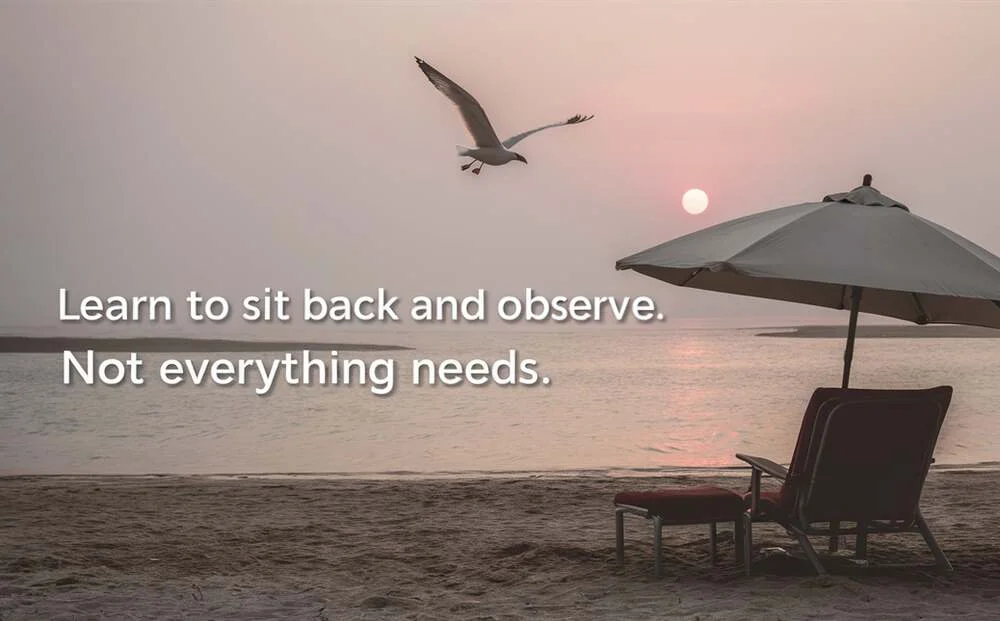
Becoming someone who can sit back and observe isn’t an overnight transformation. It requires practice, self-awareness, and a commitment to change. Here’s how you can start learn to sit back and observe. not everything need – tymoff. Mindfulness is the art of being fully present in the moment without judgment. By practicing mindfulness, you train yourself to notice what’s happening around you without immediately reacting.
- Meditation: Spend a few minutes each day meditating to develop a calmer mind.
- Mindful breathing: When you feel the urge to react, take a deep breath and count to five. This short pause can prevent impulsive actions.
Adopt a Detached Perspective
Detachment doesn’t mean you don’t care; it means you create a healthy emotional distance from situations.
- Ask questions: When faced with a situation, ask yourself, “Is this truly worth my energy?”
- Shift your focus: Instead of dwelling on what went wrong, focus on what you can learn.
- The 24-hour rule: For non-urgent matters, wait a full day before responding. This gives you time to cool off and consider a measured response.
- Sleep on it: Sleep can provide new perspectives and clarity.
Observe Patterns
Observation isn’t just about individuals—it’s also about recognizing patterns in your own life and in the behavior of others learn to sit back and observe. not everything need – tymoff.
- Track your triggers: Identify what makes you react impulsively and find ways to address these triggers.
- Notice recurring situations: If certain situations always lead to conflict, consider a different approach.
- Enhanced Emotional Intelligence
By observing rather than reacting, you become more attuned to your emotions and the emotions of others. This leads to better relationships and improved decision-making learn to sit back and observe. not everything need – tymoff. - Greater Resilience
When you learn to detach from the immediate chaos of life, you become more resilient to stress and adversity. You’re no longer a slave to every passing emotion or external provocation. - Improved Relationships
By listening more and reacting less, you build trust and understanding in your relationships. People appreciate those who can offer a calm, thoughtful presence. - Increased Productivity
When you’re not distracted by unnecessary reactions, you can focus on your goals and priorities. Observation helps you allocate your time and energy wisely learn to sit back and observe. not everything need – tymoff.
Real-Life Examples of Observation in Action
- Leaders: Great leaders listen more than they speak. They observe team dynamics, understand their people, and act only when necessary.
- Artists: Many artists spend hours observing their surroundings before translating their insights into their work.
- Negotiators: In negotiations, observing the other party’s body language, tone, and behavior often provides clues for a better outcome learn to sit back and observe. not everything need – tymoff.
Final Thoughts
Learning to sit back and observe is not about being passive or indifferent. It’s about being deliberate, thoughtful, and intentional in how you engage with the world. Not everything needs your reaction because, frankly, not everything deserves it learn to sit back and observe. not everything need – tymoff.
By cultivating this habit, you free yourself from the constant tug-of-war of emotions and distractions. Instead, you gain clarity, control, and the ability to focus on what truly matters. So, the next time life throws a curveball your way, pause, observe, and ask yourself: Does this really require my reaction?
Also Read: SharedSumo.com
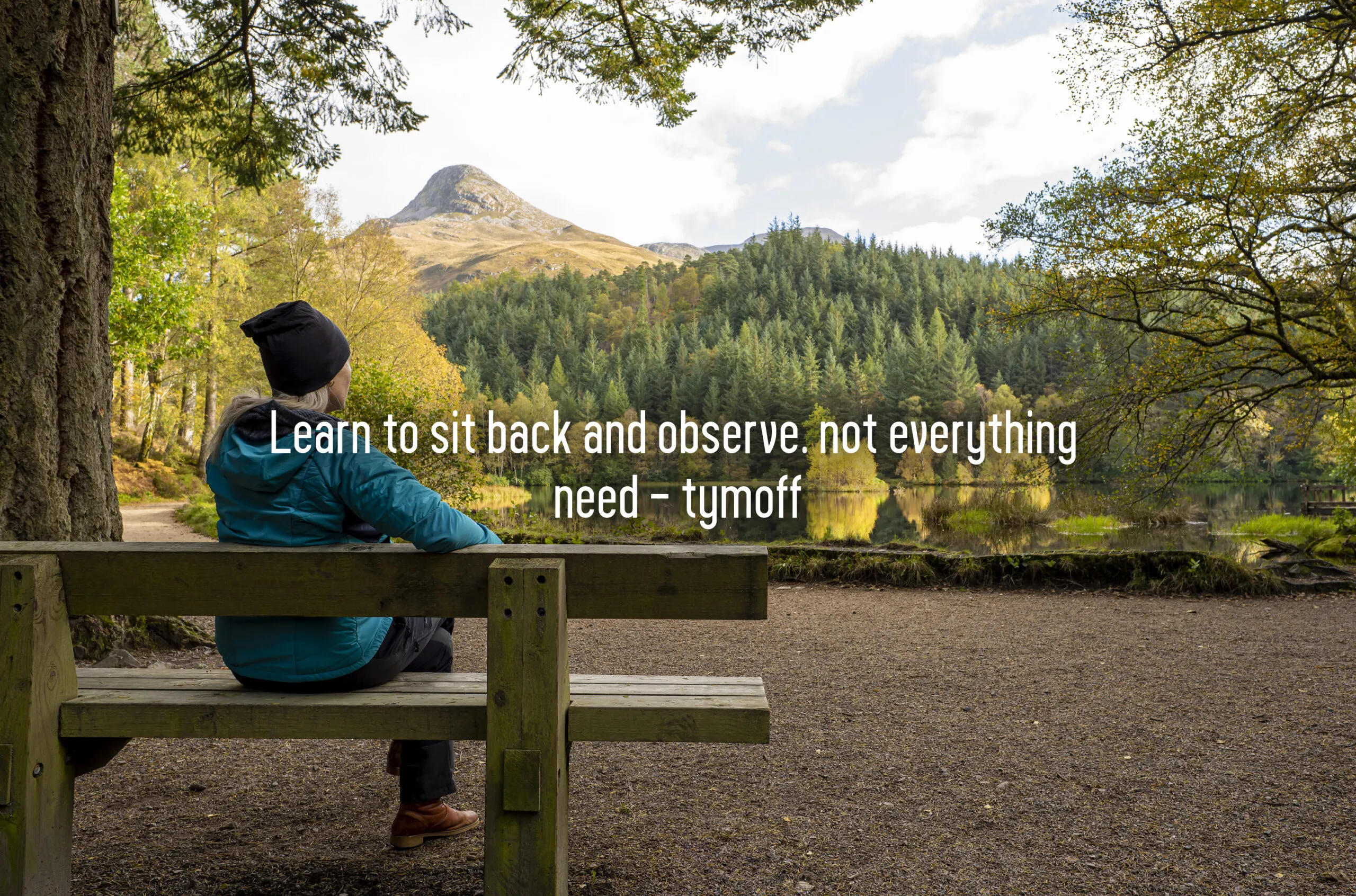


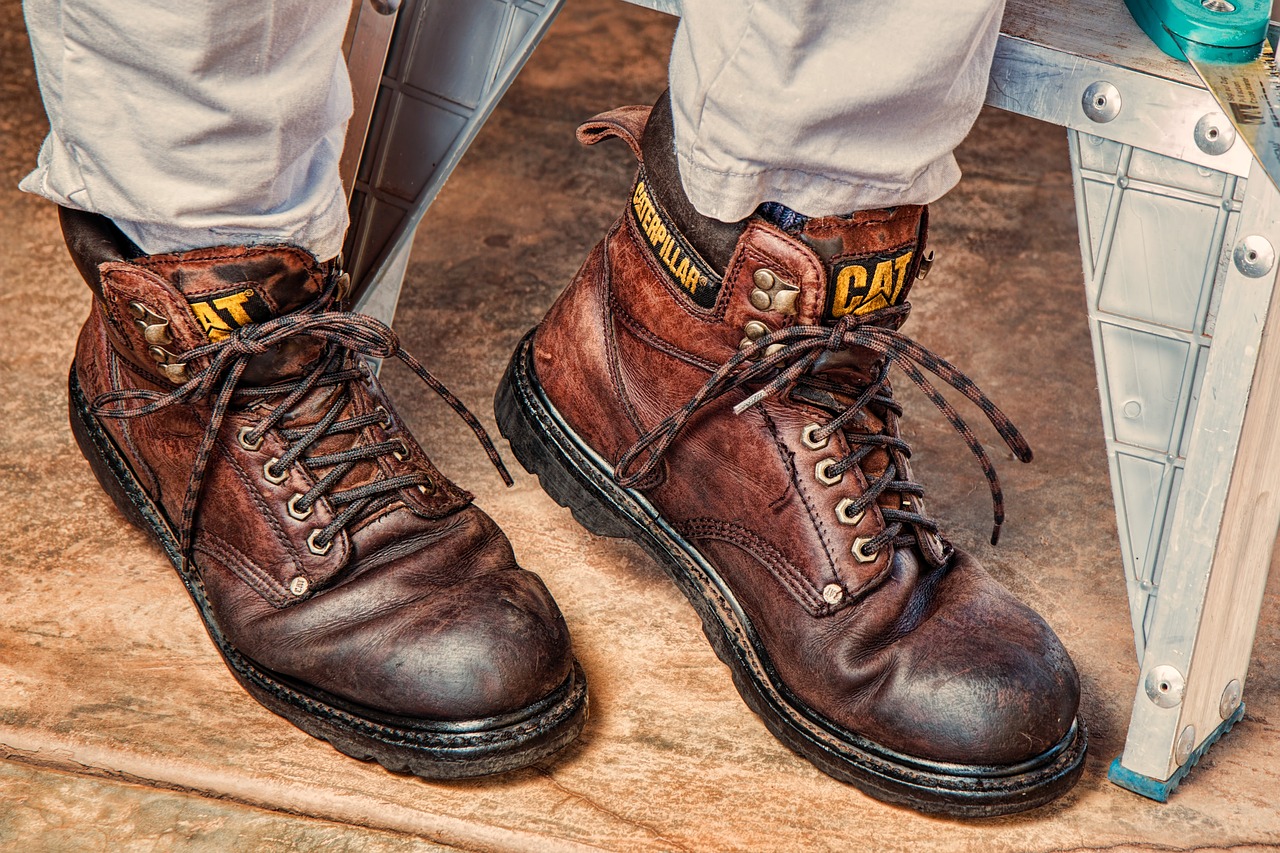
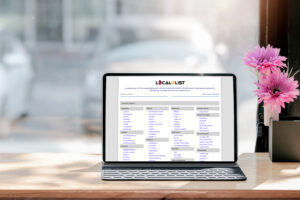




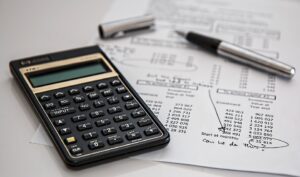
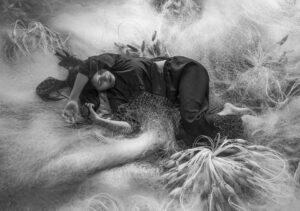



Post Comment